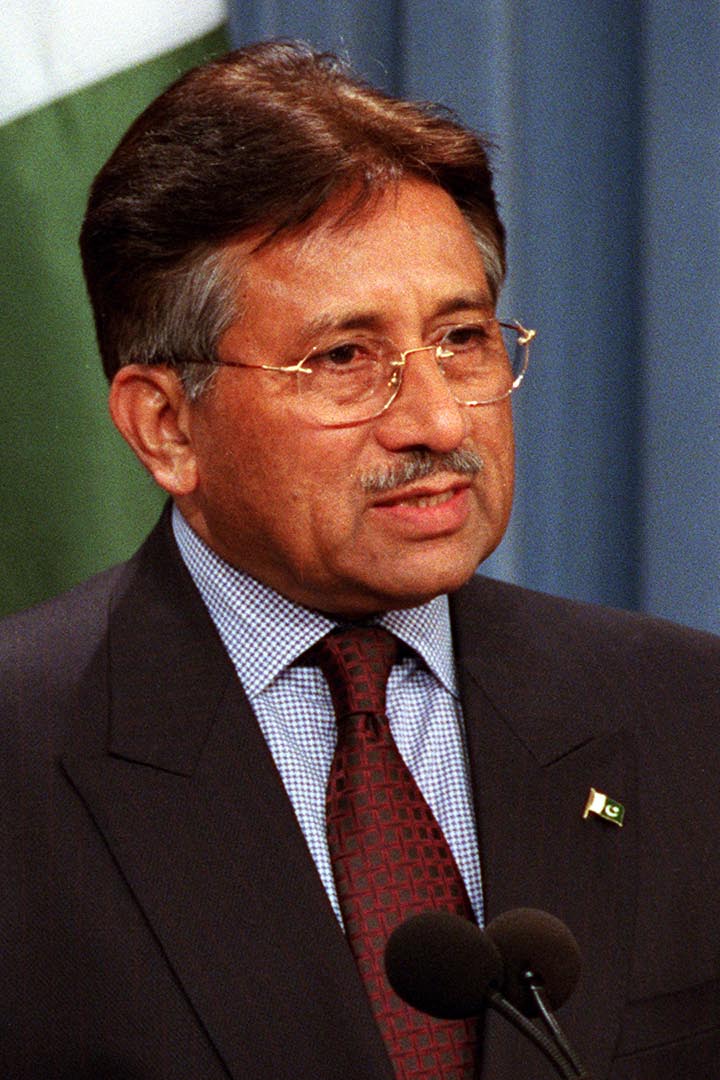
Two things were certain even before the elections in
1. The greatest surprise of this election was that there was no foul-play on the part of Musharraf’s regime. There is no doubt that the President could have used strong arm tactics to rig the election had he so desired. The fact that Musharraf chose not to take this option offers us a window into his personal mind.
For one, his credibility had touched an all time low… the power brokers in
Perhaps one more reason that Musharraf decided to go through with a free and fair election was the fact that Benazir Bhutto was no longer in the way. Whether the President had something to do with her death remains open to speculation. Most certainly, Nawaz Sharif is still around, but Musharraf has trashed Sharif so many times before that he felt fairly confident of winning another one against him. But Benazir had charisma; she had caught the imagination of the people and most importantly, Benazir was a darling of the West! After the elections, a victorious Bhutto, who enjoyed a great rapport with the
There is always the sinister possibility that Musharraf does not intend to handover any serious powers to the elected leaders or plans to overthrow them, either in form or in practice sometime soon. As such, he saw no harm in letting the domestic political parties have their way for a while.
2. It is indeed remarkable that the
Why then did the PPP not win? Despite everything going against them, why did the Musharraf loving PML-Q ended up with 50 seats, only about 18 behind Nawaz Sharif’s PML(N). Perhaps we are asking the wrong questions. Perhaps we should note that there is a glaring discrepancy between the opinions of the Pakistani people and the perceptions of the world.
It is possible that the PPP gained nothing from looking like American stooges. Without the charisma of Bhutto to cover this up and carry the day, they were left exposed. Notwithstanding all that
3. We wonder whether the political parties, back after a long interval, have the will to act on their promises. It is an ominous sign that PPP co-chair Zardari, who reached out to make a power sharing deal with Sharif last week, has already stated publicly that he will not expedite the possibility of ousting Musharraf. Both parties have achieved their immediate objective of becoming politically relevant once again. Now that they have a piece of the power pie, they may not want to rock the boat. Musharraf, if nothing else, will not give up without a fight. Both Zardari and Sharif might want to enjoy what they have rather than risk the ire of the all powerful military. Moreover, they need the military to protect them from the extremists. They know that they do not have the force of will to prevail against the fundamentalist forces that are out to get them: better to toe Musharraf’s line than risk being hanged from a flagpole by the Taliban.
The bottomline is that we can do little to bring sense into other nations. A stable, democratic


No comments:
Post a Comment